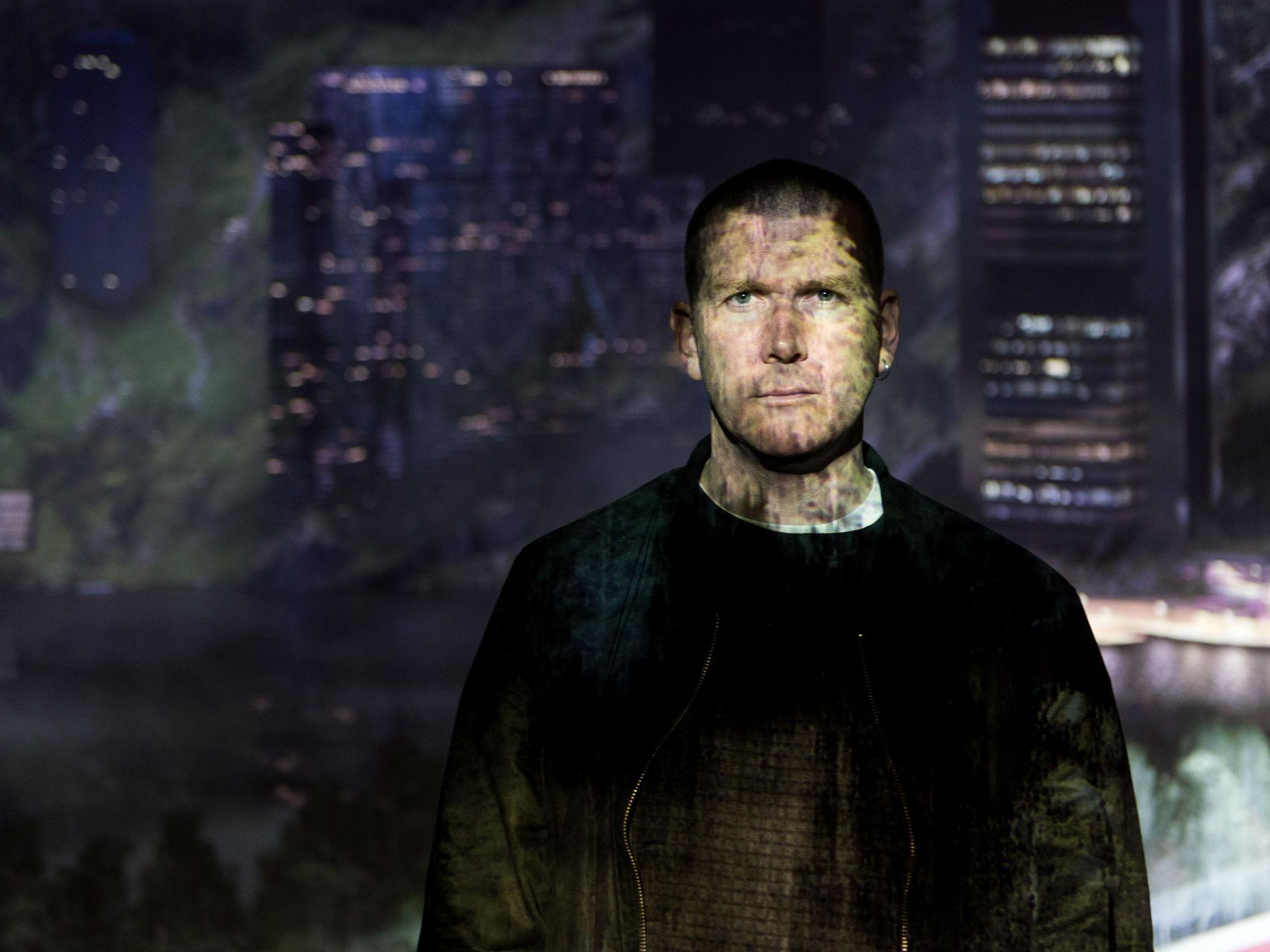Artes Mundi 7, National Museum of Wales and Chapter Gallery, Cardiff, review: Totally eclipsed and outclassed the Turner Prize
The international Artes Mundi 7 in Cardiff supports artists who explore the human condition

Your support helps us to tell the story
From reproductive rights to climate change to Big Tech, The Independent is on the ground when the story is developing. Whether it's investigating the financials of Elon Musk's pro-Trump PAC or producing our latest documentary, 'The A Word', which shines a light on the American women fighting for reproductive rights, we know how important it is to parse out the facts from the messaging.
At such a critical moment in US history, we need reporters on the ground. Your donation allows us to keep sending journalists to speak to both sides of the story.
The Independent is trusted by Americans across the entire political spectrum. And unlike many other quality news outlets, we choose not to lock Americans out of our reporting and analysis with paywalls. We believe quality journalism should be available to everyone, paid for by those who can afford it.
Your support makes all the difference.Two years ago I wrote a feature in The Independent that Artes Mundi 6 was the best art prize in Great Britain, totally eclipsing and out classing the Turner Prize. This prompted Will Gompertz of the BBC to leave London to film the award ceremony presented live for the 9 o’clock news. It made me aware that sometimes art writing, if rarely, can influence the news and make a difference. Two years on and the list of seven nominated artists for Artes Mundi 7 looks promising
Artes Mundi prides itself on its mission of supporting artists who explore the human condition. By the time the exhibition opens German based Hito Steyerl has already withdrawn for “personal reasons” so now we are 6.
Neïl Beloufa, an Algerian artist now based between France and New York, makes works that asks challenging questions by often setting up playful scenarios. In World Domination he invites ordinary people to assume roles of people of power. The resulting video projected on specially constructed sculptures are both funny and scary and relate dramatically to the political moment we now live in.
Last time there were no Welsh artists in the prize but this year Bedwyr Williams has made Tyrrau Mawr a large video installation of an imaginary city in Wales. A large city that could be anywhere of power and money with a voice over by Williams relating individual stories of their inhabitants. Future Farmers, led by Amy Franceschini invites us to think about the food we eat. This will be an episode of a journey by boat from Oslo to Istanbul (via Cardiff) where the co-operative will look at questions of how grain is exchanged and planted, then ground, cooked and eaten. It sounds like the trip would be both rewarding and interesting for the partakers but I am not sure that this translates here into an gripping visual story for the viewer. Nearby a young female artist Lamia Joreige from Beirut focuses on her besieged city and includes a video of an empty river bed while photographic images portray a damaged mosaic literally showing art under siege.
Nástio Mosquito from Angola has produced a tough work at Chapter with boxes of No Pruitus -anti piles suppositories imported and literally dropped into the space still with parachute attached. The viewer is encouraged to take a box that makes the startling quintuplet action claim. “These drugs soothes, shrinks, pain relief, locates and awakes god”. A small monitor in the next room plays films while plastic chairs and imported beer provide pause points.
London based John Akomfrah’s Auto Da Fé a new split screen video traces various diaspora stories. Inspired he tells me from a trip to the Barbados in 2009 where he discovered a cemetery of Sephardic Jews who had fled persecution in Brazil. This triggered his exploration and research. Some might say the video is too glossy -moving away from his more gritty presentations in the past- but the beauty of the film encourages the viewer to linger and take in the poignant message. When later we are talking about our strange post brexit world he makes the point that we care more about bringing in goods- our beans from Kenya and money from abroad-then people. With his words ringing in my ears and his films lodged in my eyes, I heartily suggest you make the trip to Cardiff.
Join our commenting forum
Join thought-provoking conversations, follow other Independent readers and see their replies
Comments